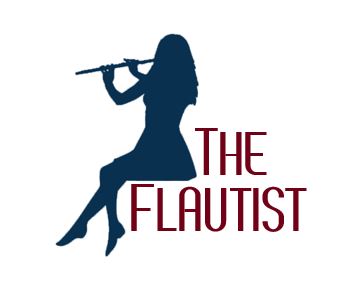Apres Un Reve (After a Dream) Op 7
by Gabriel Faure
Background
This mélodie is the first in a set of three songs, opus 7, which also comprises Hymne and Barcarolle. All three were composed between 1870 and 1877, then collected and published in 1878 under the title Trois Mélodies. Not originally conceived as a song cycle, these three songs acquired this opus number much later, in the 1890s. The poem for Après un rêve was loosely adapted from an anonymous Italian text by Romain Bussine.
Romain Bussine (1830–1899) was a French poet, baritone, and voice teacher who lived in Paris during the 19th century. In 1871, together with Camille Saint-Saëns and Henri Duparc, he founded the Société Nationale de Musique as a forum for promoting contemporary French chamber and orchestral music. Another setting by Fauré of a poem by Bussine is Sérénade Toscane.
Apres un Reve describes, in the form of a dream, the imaginary flight of two lovers who are head over heels in love, although the last verse brings the dreamer back to harsh reality as dawn is breaking.
Solo songs were a popular form of domestic entertainment that found a ready market with publishers. Fauré sold his songs at 50 francs each with full copyright, and in consequence made little from their subsequent popularity. ‘Après un rêve’ can now be bought arranged for every instrument from flute to trombone.
